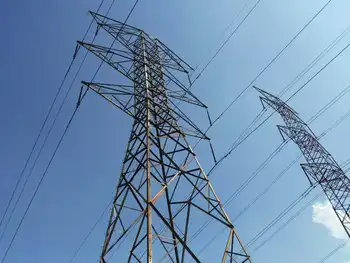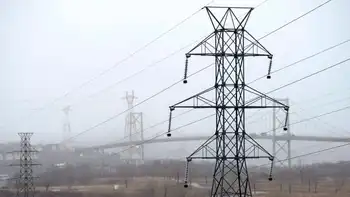Britain and US bond does not involve environment
- The environment represents a widening chasm between the United States and Britain. America has been criticised for years by green campaigners and George Bush has made it worse.
At the heart of the complaints is the huge, and many think, profligate US consumption of natural resources, with energy the most important of all. America uses nearly twenty times as much energy as India.
The outcome is that it produces a disproportionate amount of the waste gases (principally carbon dioxide) from burning fossil fuels such as coal, oil and gasfor electricity and transport. The US is home to less than 5 per cent of the world's population, but produces nearly a quarter of all the greenhouse emissions causing global warming.
In the mid-1990s, under Bill Clinton, the US began to take a lead in cutting greenhouse gases. Mr Clinton's vice-president, Al Gore, himself an environmentalist with a well-regarded book, Earth in the Balance, led the US delegation at the conference in Kyoto in December 1997 which drew up the first binding cutback schedule. Mr Gore actually went a lot farther than the US State Department thought was wise.
He committed America to cuts so big they could only be achieved through what was in effect licensed cheating (such as buying emission credits from countries which had a surplus, such as Russia). But at least the US was strongly behind the Kyoto Protocol and its principles. George Bush changed all that. After barely three months in office, he withdrew from the Kyoto agreement.
His ostensible reasons were that it was potentially damaging to American industry and competitiveness. But as the oilman son of an oilman father, surrounded by advisers from the oil industry, he hated anything that might put limits on oil use. But just as he became the object of their hate, Tony Blair began moving in the opposite direction. After years of paying little attention to the environment he became convinced that the threat from climate change was real. Earlier this year he committed the UK to reducing greenhouse gases by 60 per cent by 2050 - the most ambitious target in the world. His position and that of George Bush could hardly now be farther apart.
The issue of genetically modified crops is another major difference between the countries, but not between governments, for Mr Blair is known to be strongly in favour of GM technology. But the British public is sceptical. The results of large-scale trials showed that the powerful weedkillers associated with GM crops were harmful to farmland wildlife.
This may mean the use of GM in Britain is limited. Contrast this with the US, where GM crops are widespread and they are keen to export the technology to the rest of the world. The Bush administration is furious with what it sees as European obstructionism and has launched a case against the EU in the World Trade Organisation.
Related News

Purdue: As Ransomware Attacks Increase, New Algorithm May Help Prevent Power Blackouts
WEST LAFAYETTE - Millions of people could suddenly lose electricity if a ransomware attack just slightly tweaked energy flow onto the U.S. power grid.
No single power utility company has enough resources to protect the entire grid, but maybe all 3,000 of the grid's utilities could fill in the most crucial security gaps if there were a map showing where to prioritize their security investments.
Purdue University researchers have developed an algorithm to create that map. Using this tool, regulatory authorities or cyber insurance companies could establish a framework that guides the security investments of power utility companies to parts of the grid at greatest…




